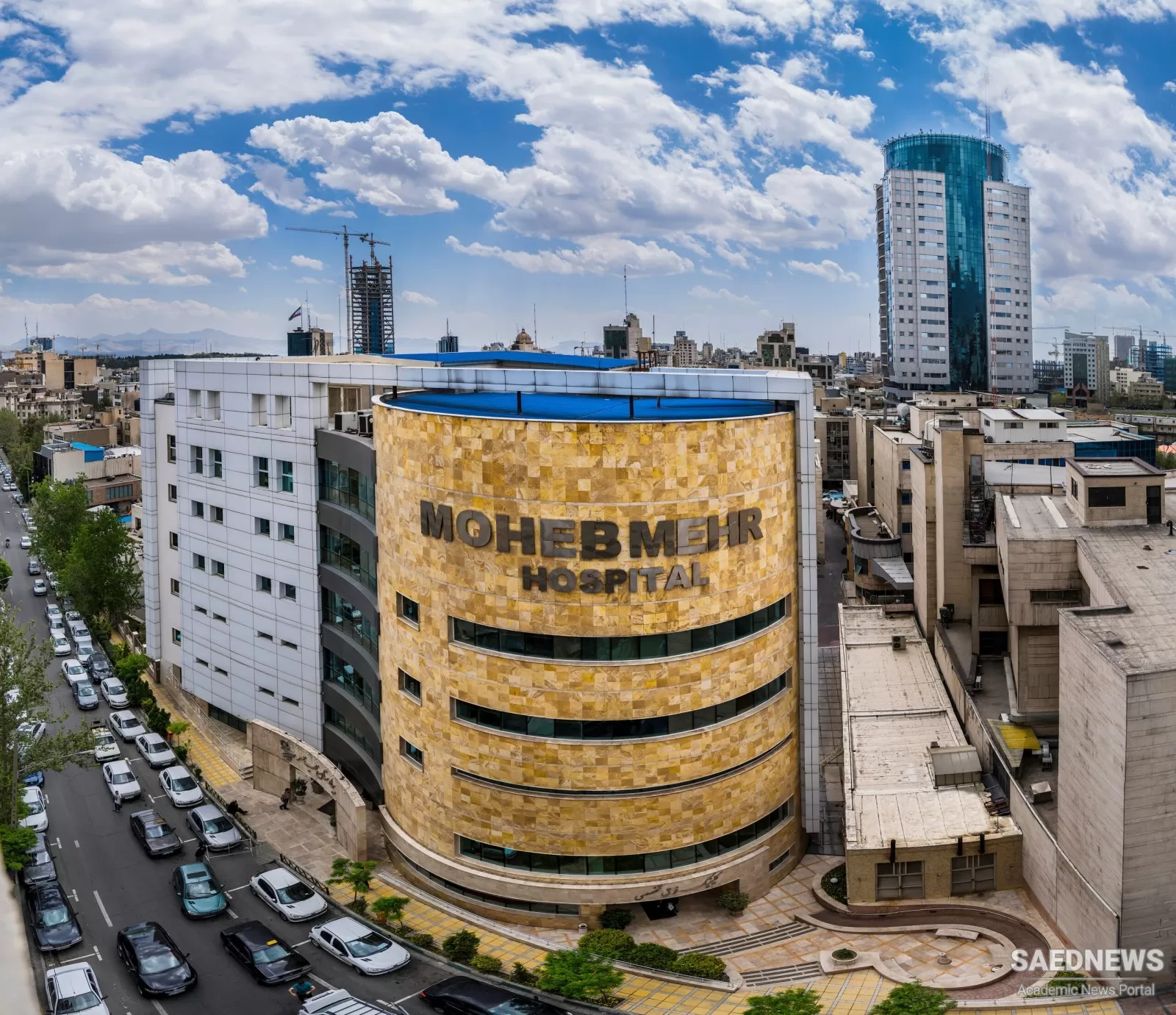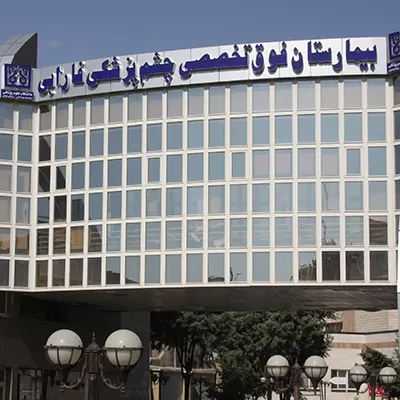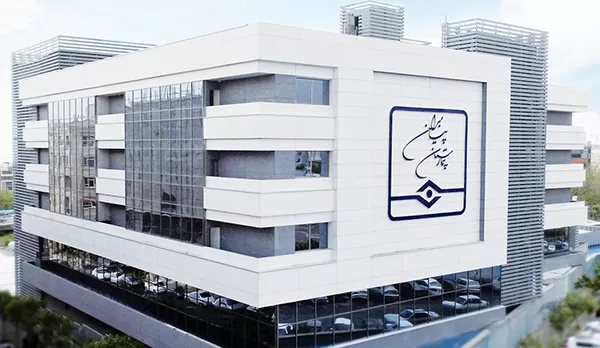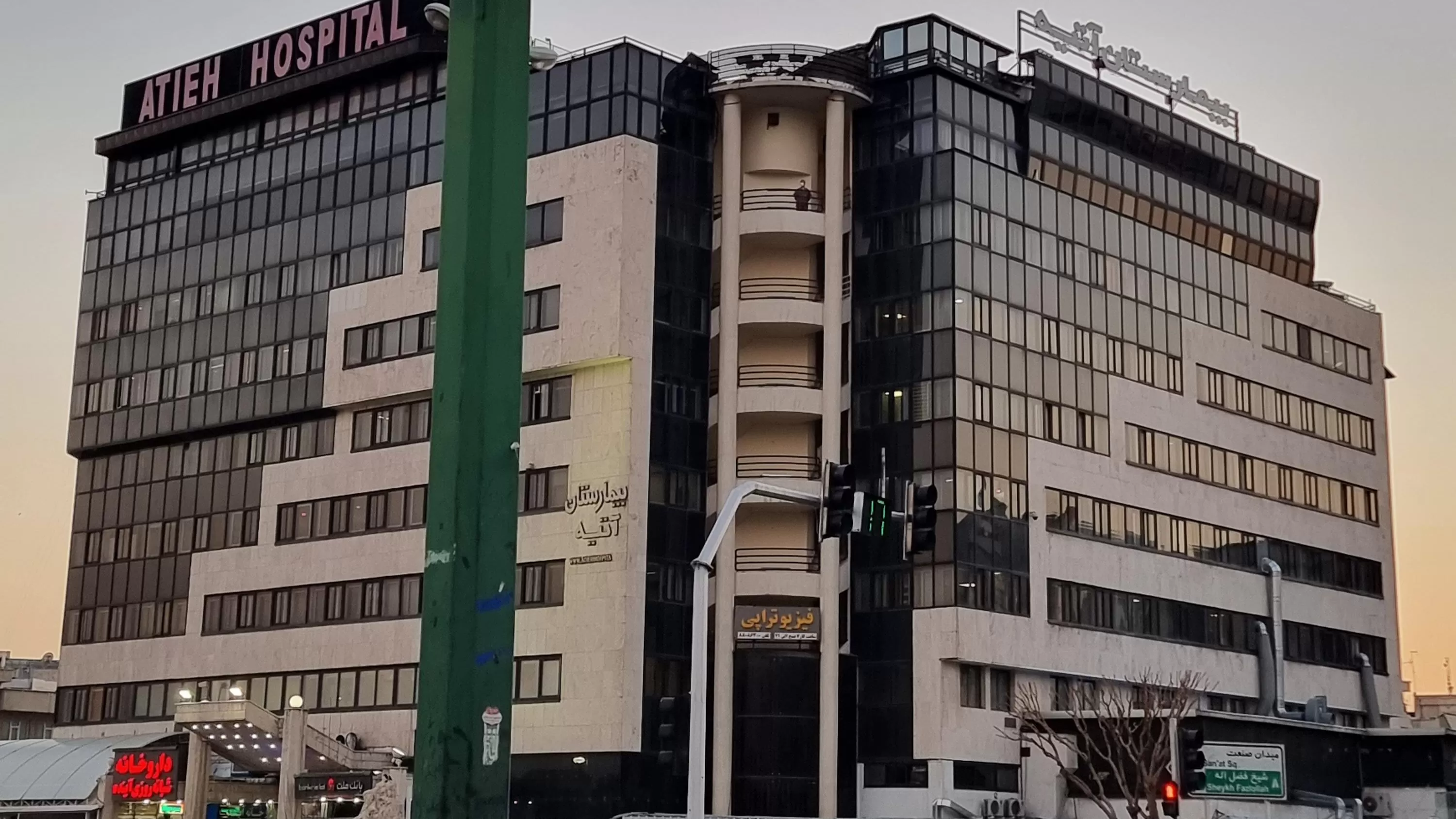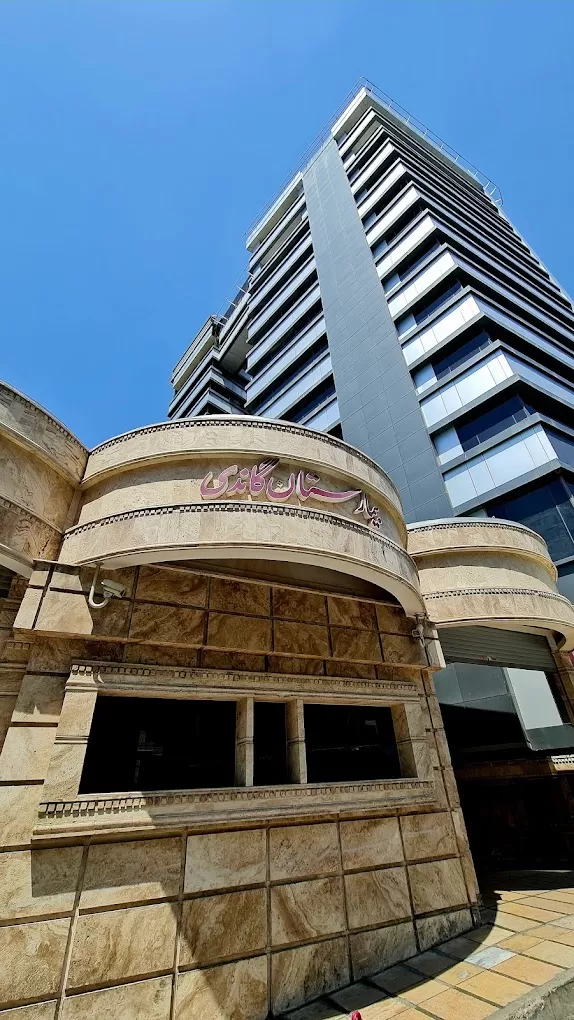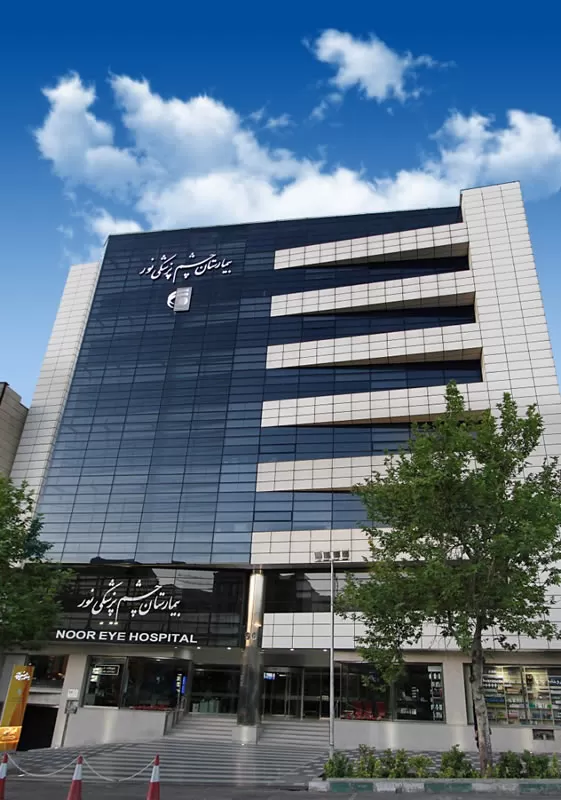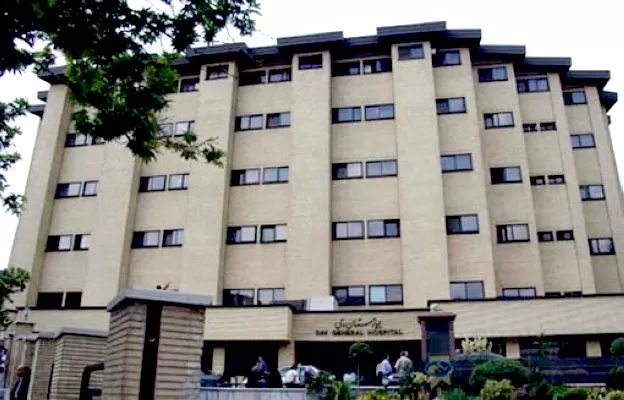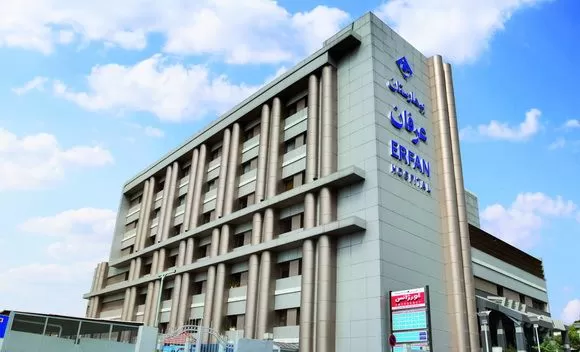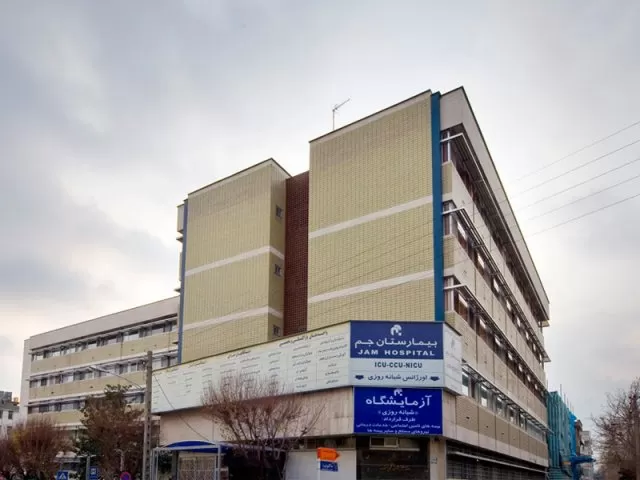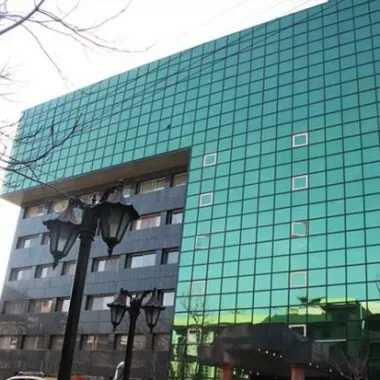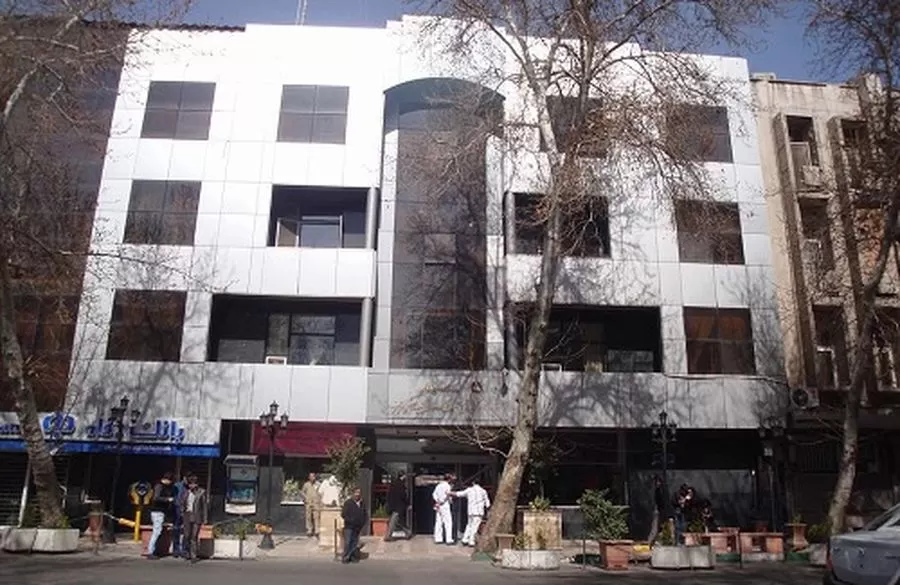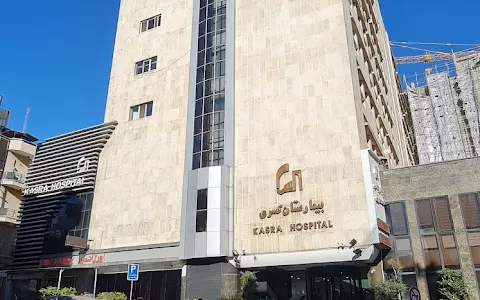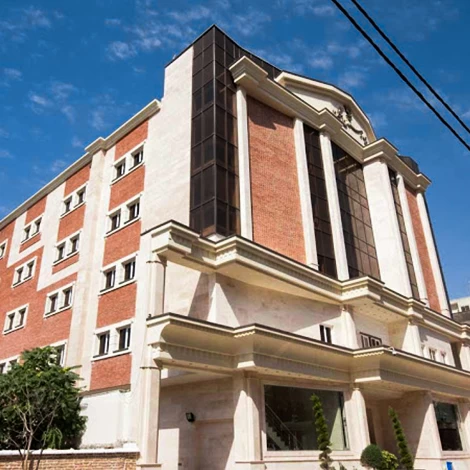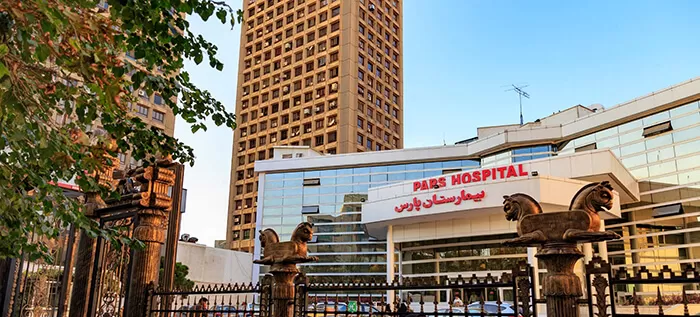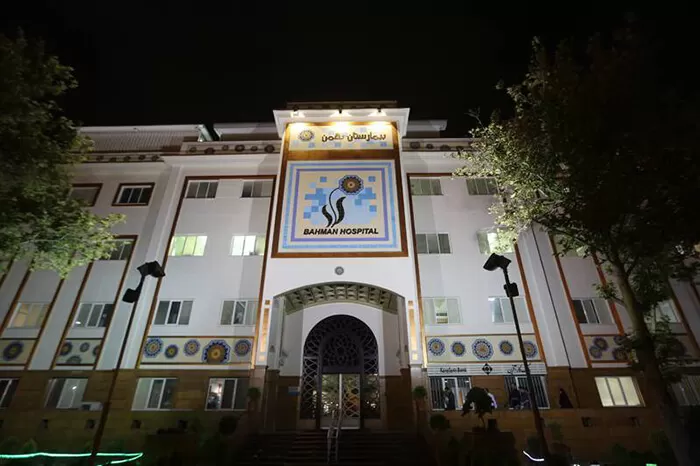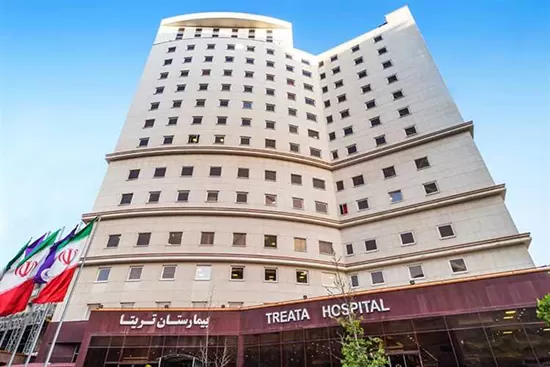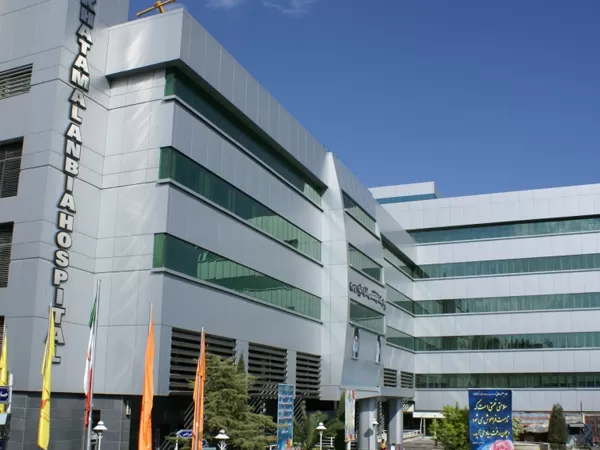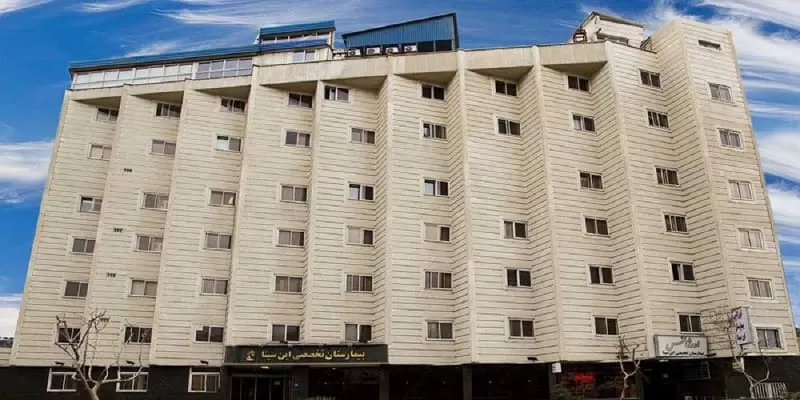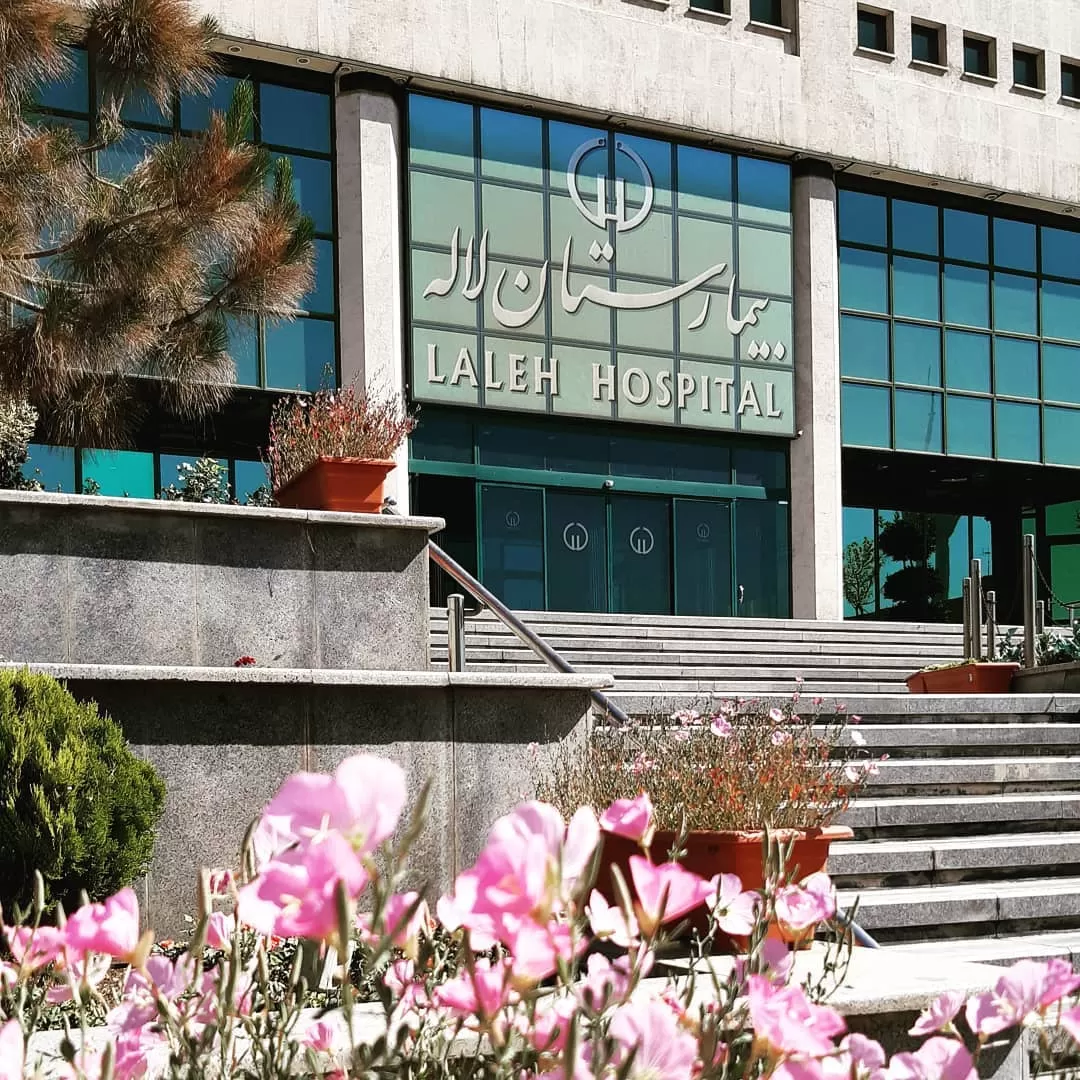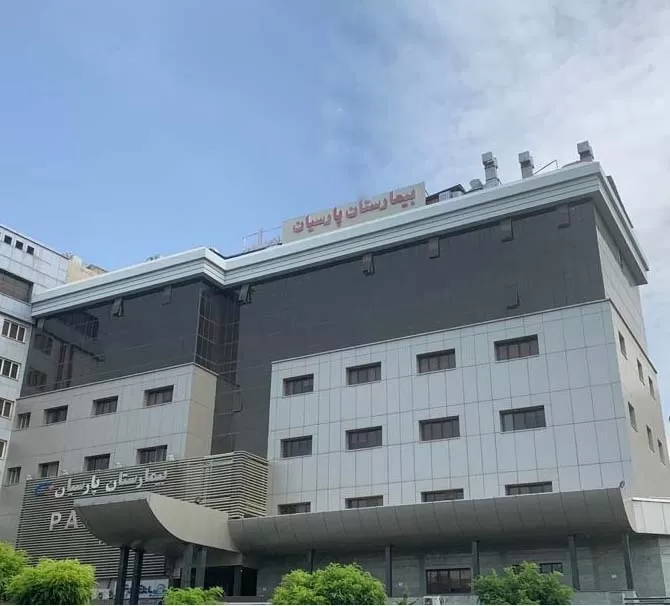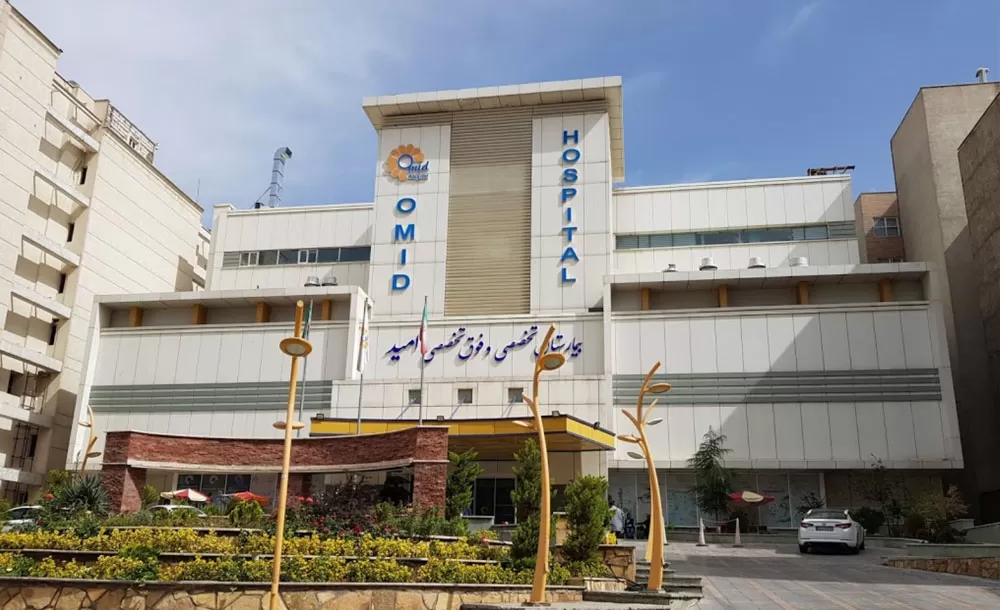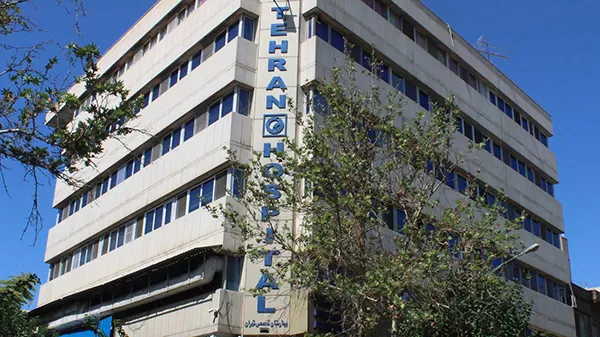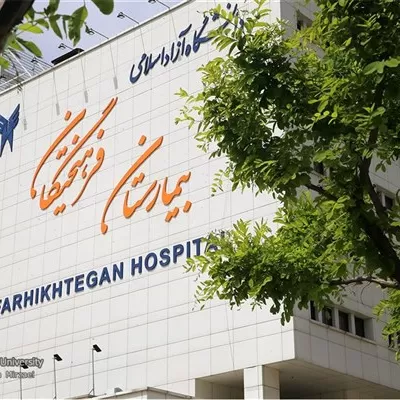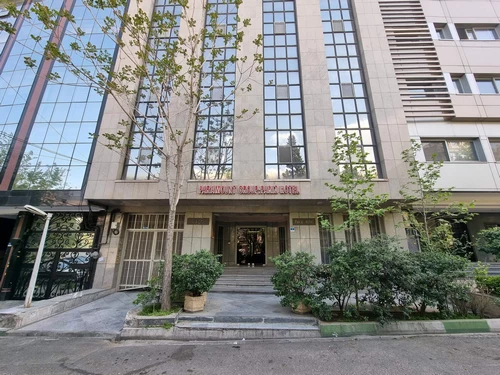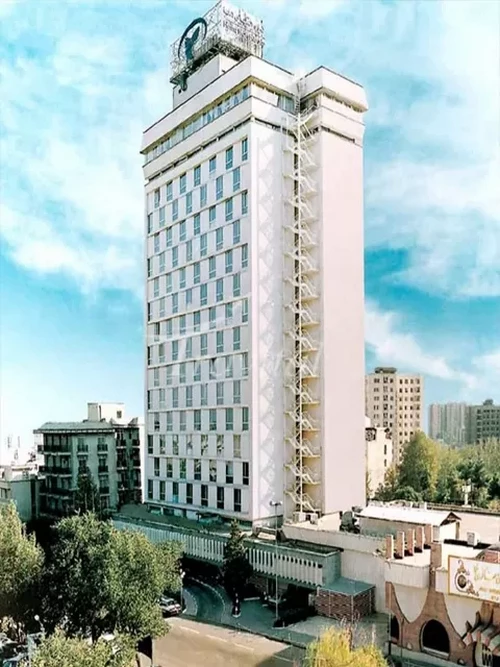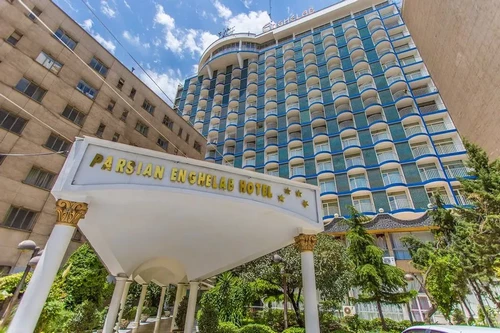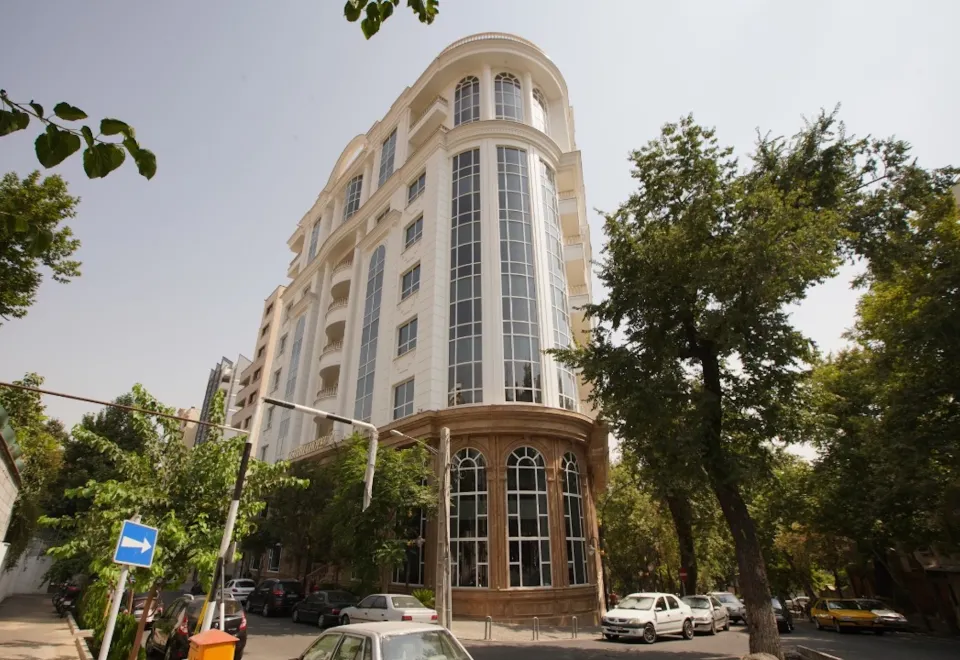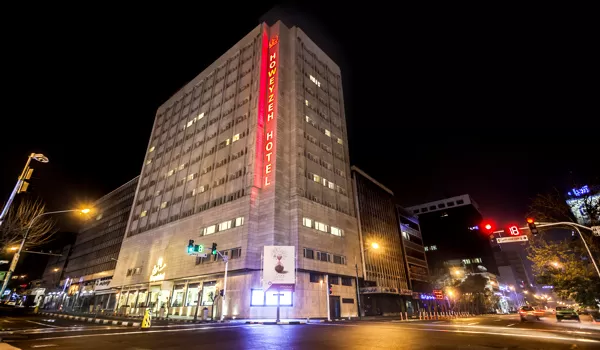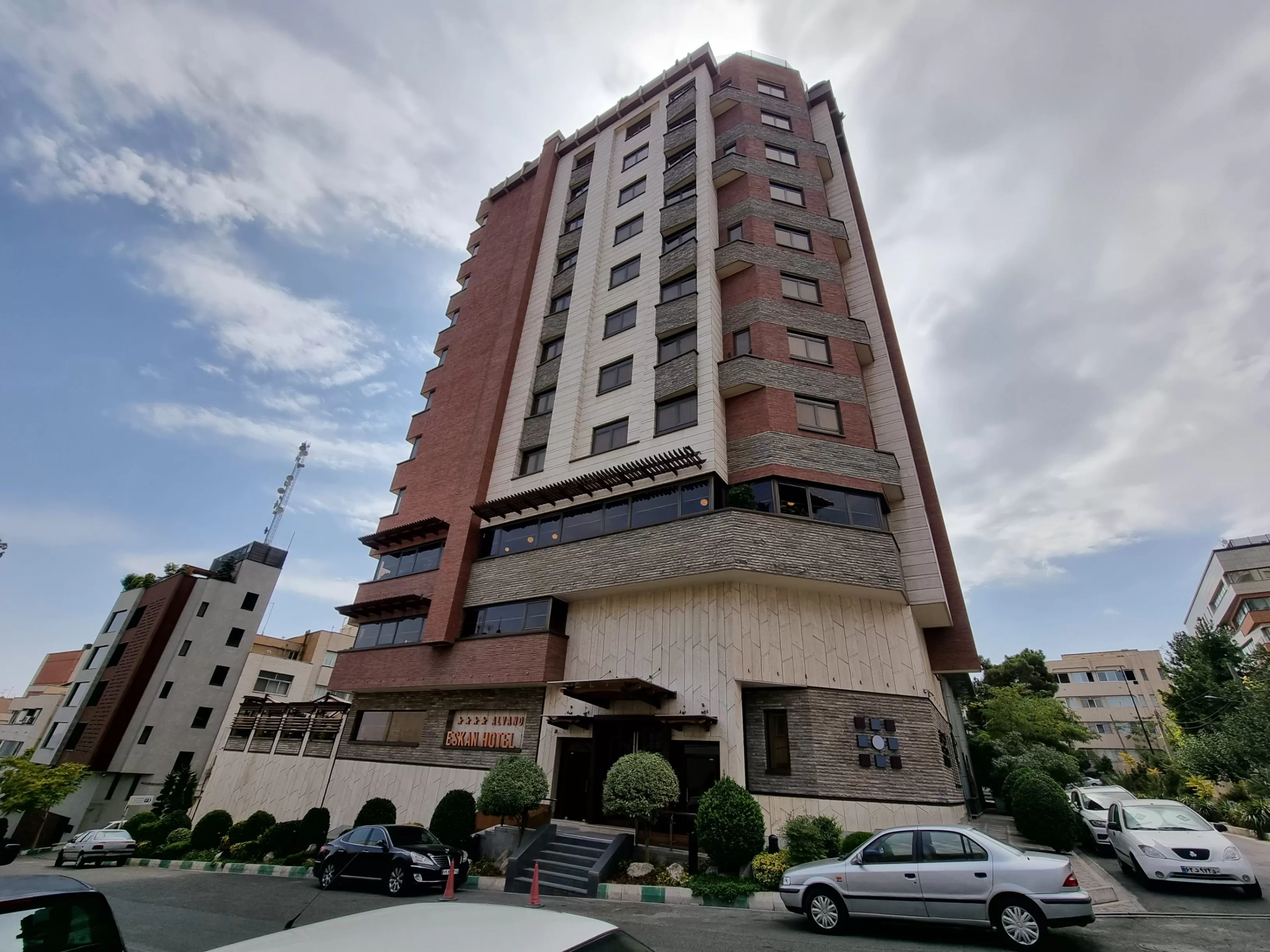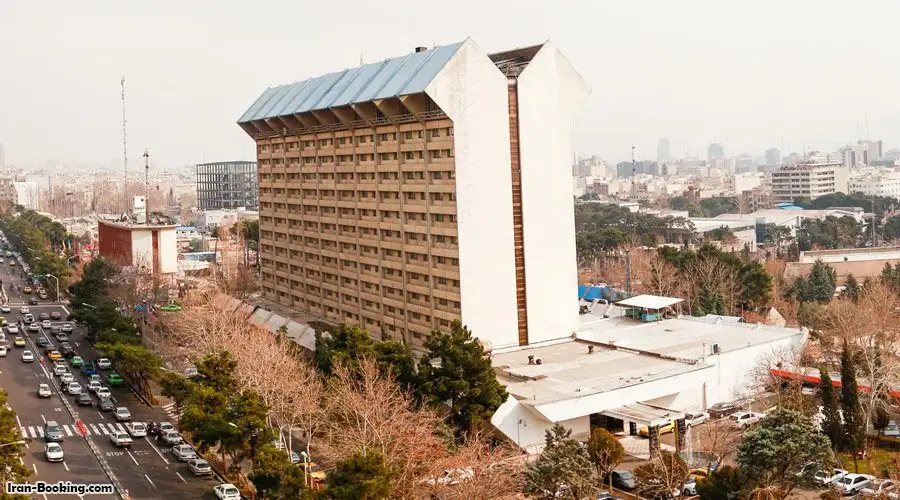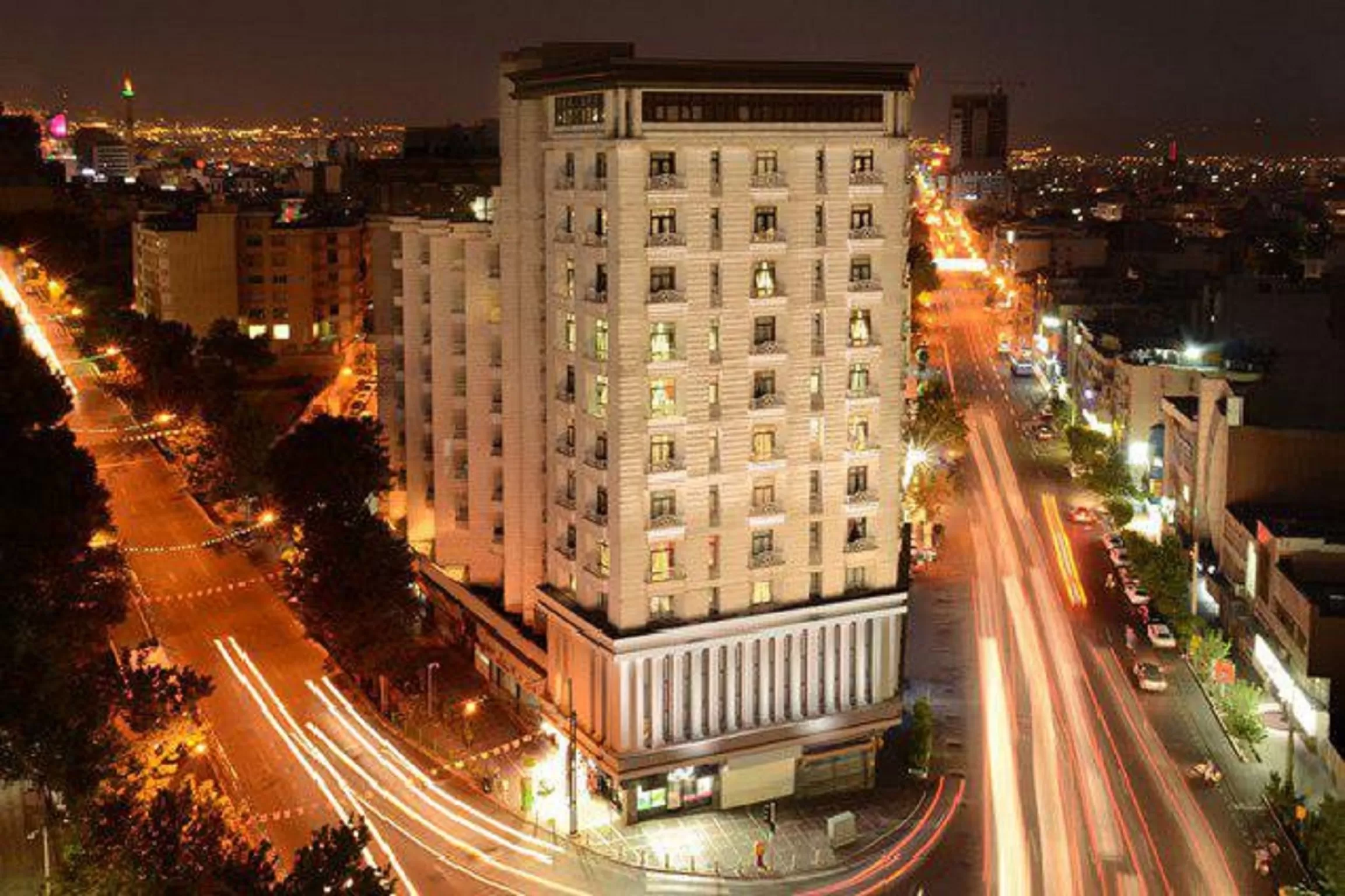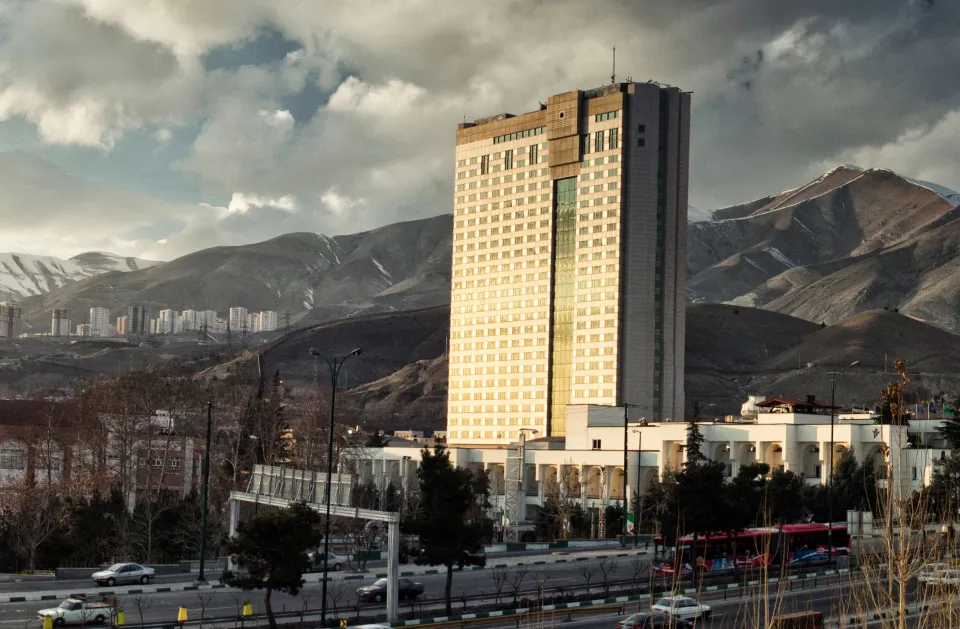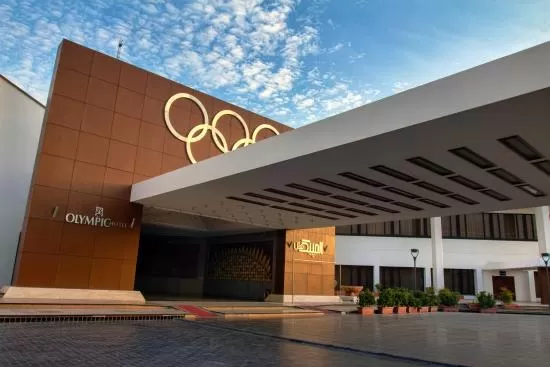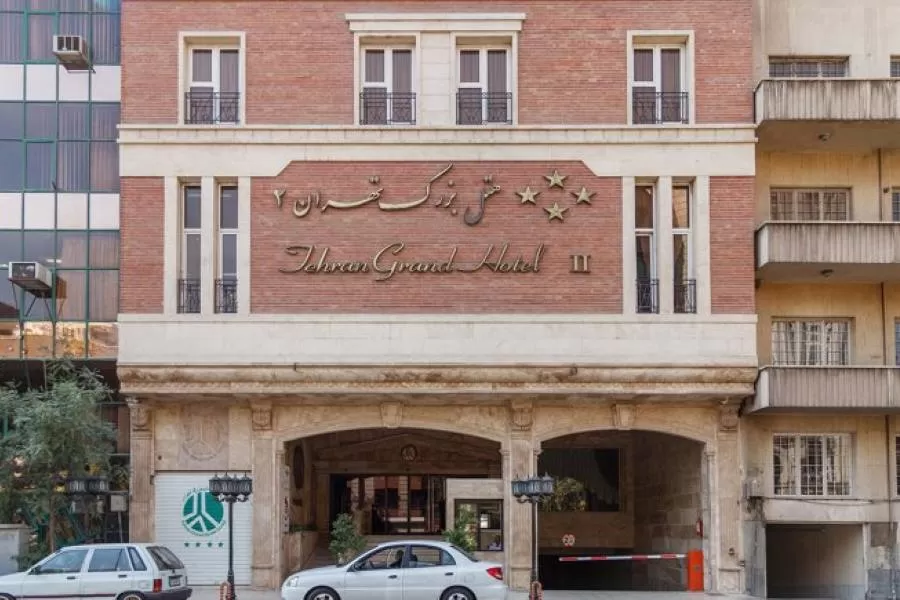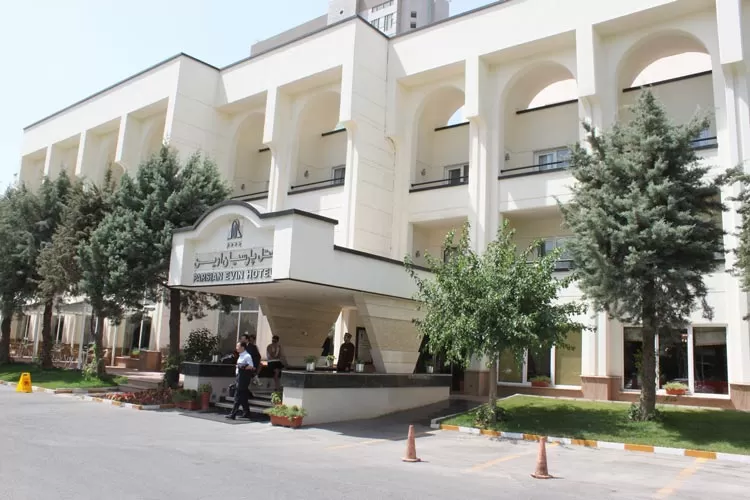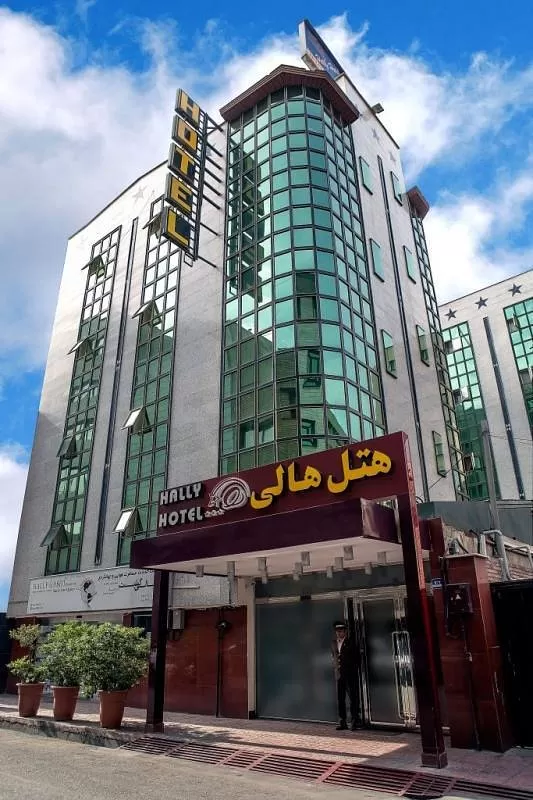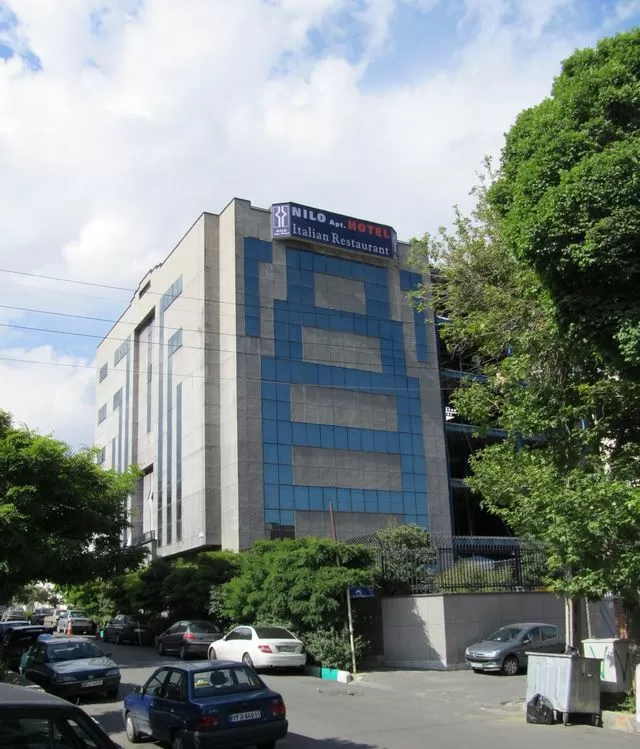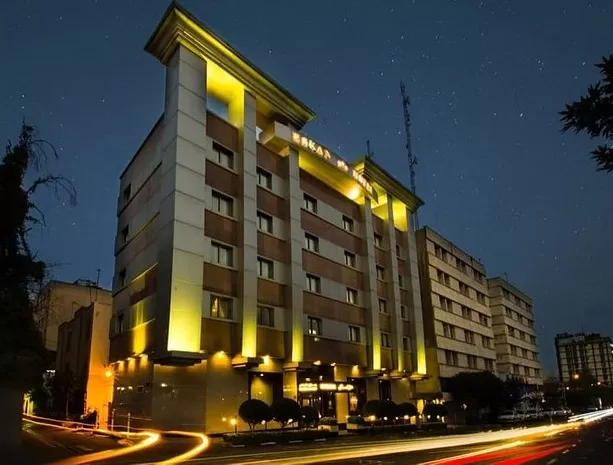Who can be a good candidate for the lap band procedure in Iran?
This surgery is a good option for those people who have tried many different methods to lose their weight but they didn’t succeed. If the person’s BMI (stands for body mass index) is more than 35 and less than 50, he/she is a good candidate for this surgical procedure. Patients can be sure that they will lose weight after the surgery. However, the more important thing is to have a stable weight after the surgery which is totally up to the patients themselves. Patients have to make sure that they follow the surgeon’s recommendation, follow their diet, and exercise.
some people who aren’t proper candidates for this surgery are:
1.Those who have gastric ulceration, duodenal ulceration, severe esophagitis, or Crohn’s disease.
2.People who have intense cardiopulmonary diseases and other conditions that make individuals poor candidates for the lap band procedure.
3.Those who have allergic reactions to materials in the device or intolerance to implanted devices.
4.Individuals with autoimmune connective tissue diseases, like scleroderma.
5.People who have Cirrhosis of the liver or chronic pancreatitis.
6.Patients with esophageal varices or portal hypertension
7.Those people who have a history of gastrointestinal or bariatric operation.
8.People who have alcohol or drug addiction or psychiatric disorders that can affect their compliance with postoperative care.
Preparation for the lap band procedure in Iran
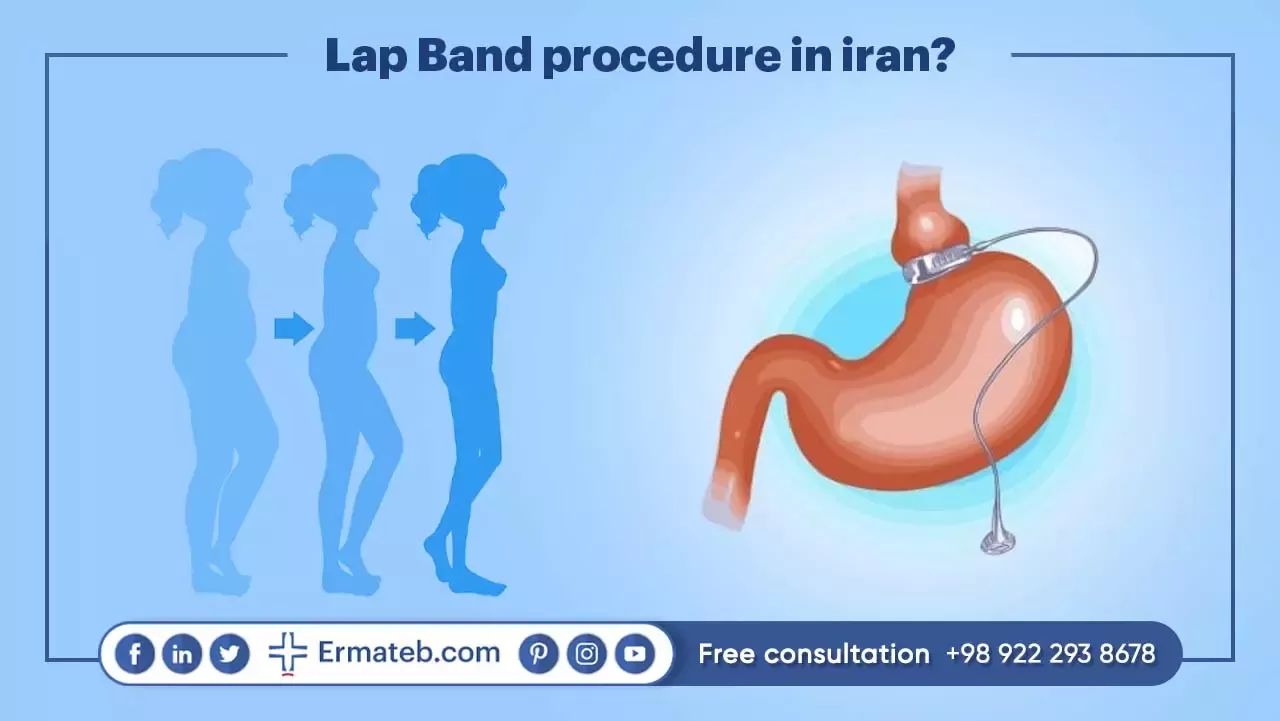
Before any kind of surgery, there are certain pre-operative care patients should know about. Some of these pre-operative instructions for lap band procedure are:
1.Avoid drinking or eating anything at midnight before your procedure.
2.It is allowed to drink water or juice 2 hours before your surgery.
3.The patient should be in touch with their surgeon and healthcare team.
4.Avoid smoking a few months before surgery.
5.Use low-calorie meals at least 2 weeks before the operation.
6.To have safer and better surgery, lose some weight to make your liver smaller.
7.Have physical and psychological tests.
8.Avoid any blood-thinning medications such as aspirin several days before your surgery, unless your anesthesiologist or doctor asks you to.
9.Take a blood test based on the doctor’s instructions.
10.Patients should have an upper endoscopy of their stomach.
11.Patients should take imaging of their stomachs.
12.Following a pre-operative diet that can last from six to two weeks before the surgery. This diet may include decreasing calories, fat, carbohydrates, and sugar intake, and increasing protein intake.
13.Arriving at the surgery center or hospital on time, usually about 2 hours before the scheduled surgery time. You will need to have an IV inserted, fill out some paperwork, and meet with the anesthesiologist and the surgical team.
14.Wear comfortable clothes and avoid any accessories, like jewelry, contact lenses, nail polish, makeup, or dentures. The patient will be given a hospital gown to wear during the procedure.
15.Under the influence of anesthesia or pain medication, you will not be able to drive, therefore, arrange for someone to drive you home after the operation and stay with you for at least 1 day after your operation.
The cost of lap band procedure in Iran
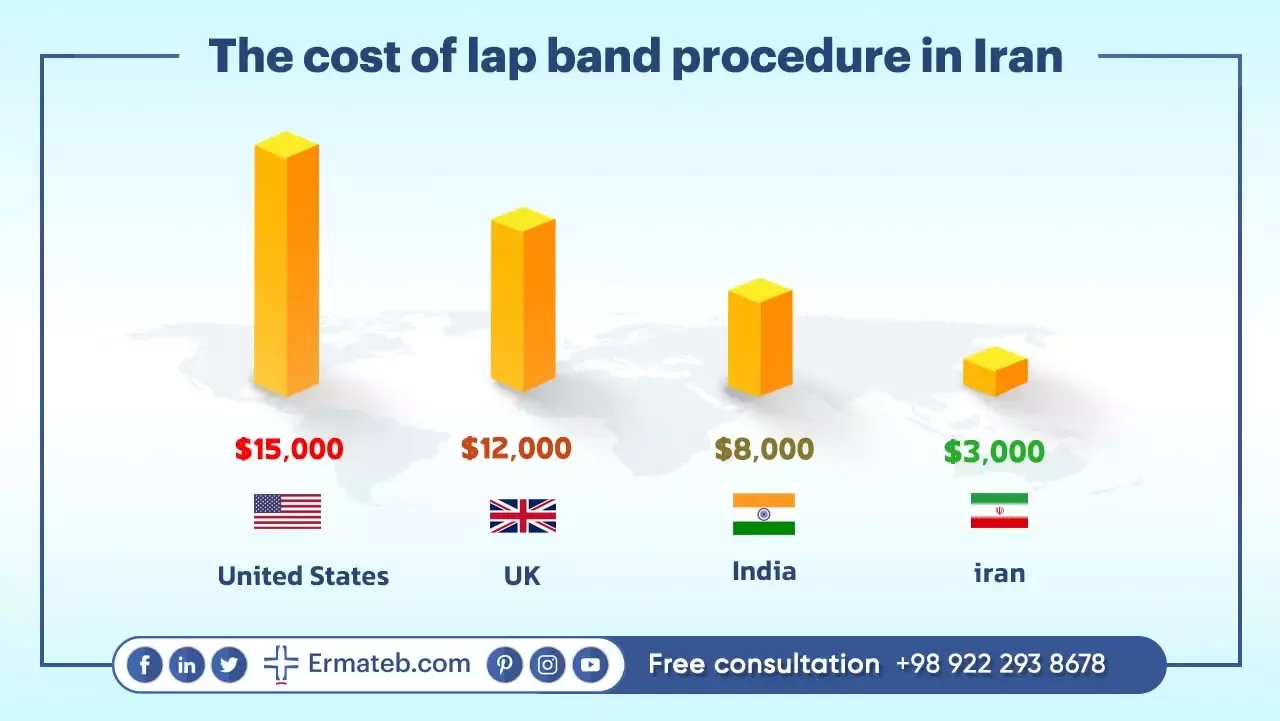
One of the most important factors for performing any surgery, no matter aesthetic or medical, is the cost of the surgery. This is because in most countries the price of cosmetic surgeries is high and the insurance does not cover the cost. Therefore, the price of these surgeries is very important for most of the patients.
The price of the lap band procedure in Iran is much more affordable than in other countries, while the quality of the materials used in this procedure is perfect and the surgeons are also well-skilled. The price of this surgery in Iran is around $3,000, while the same procedure costs $15,000 in the United States, $12,000 in the United Kingdom, and $8,000 in India.
Therefore, if getting the lap band procedure costs you a fortune in your own country, you can get your treatment overseas, experiencing high-quality surgery while paying low and saving an amount of money. You may ask yourself why this country offers these services at an affordable price. We answer that so many people all around the world come here to get their treatments in Iran and the low currency against other countries are the two main reasons why the cost of these procedures is low. Therefore, patients can be sure about the high quality of their surgeries.
Ermateb is a medical tourism company whose goal is to help international patients get their treatments in Iran. To get more information about this surgery, the exact cost, and every question that may pop into your head, you can contact us via WhatsApp, or you can fill out the online form on our website.
What are the pros and cons of the lap band procedure?
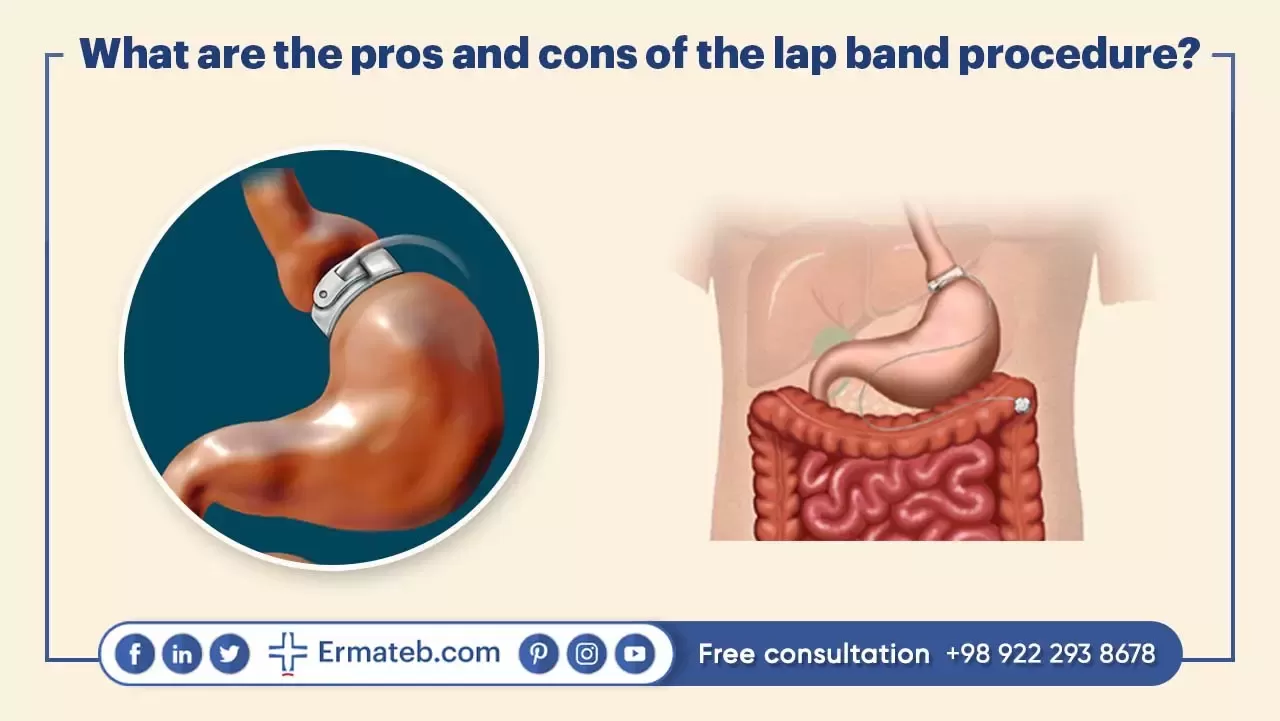
Like any surgery, the lap band procedure has some advantages and disadvantages.
Pros of the lap band procedure are:
1.It costs less than a gastric bypass procedure
2.Less surgical complications than invasive surgeries.
3.Patients are less in need of medication and nutrition supplements.
4.Using laparoscopy, there will be no need for large incisions. As a result, the patient feels less pain.
5.No alteration occurs to the anatomy of the stomach.
6.During pregnancy, it can be loosened and afterward, tightened again. Therefore, it is a good option for those women who want to get pregnant.
7.It is a safer surgery than other weight loss surgeries.
8.It is flexible since the size of the gastric band can be adjusted or removed if needed.
9.Lap band operation can help the patient lose weight and improve their health, especially if they follow a healthy diet and exercise regimen after the operation.
Cons of the lap band procedure are:
1.Losing weight with a lap band is slower than the patient would experience with other kinds of weight loss procedures. For instance, a gastric bypass operation can result in 60% to 80% of extra weight loss within a year. Lap band operations also need more frequent follow-up visits and adjustments.
2.One of the main downsides to this operation is the band itself which is a foreign object. The band can erode or slip, which may cause many problems, such as vomiting, nausea, infection, reflux, bleeding, or perforation of the stomach. These complications may need additional operations or removal of the band.
3.It needs lifestyle changes. Patients will need to make significant changes to their eating habits and physical activity levels after the operation to achieve and maintain their weight loss goals. they will need to chew food well, eat smaller portions, avoid high-calorie drinks, and exercise regularly.
What are the side effects of the lap band procedure?
The lap band procedure is usually determined as a safe surgery. However, it has its risks and complications. Some of the risks and side effects related to the lap band procedure are:
1.Movement of the band
2.Gas embolism
3.Injury to different parts of the patient’s body including stomach wall, organs near the stomach, and major blood vessels.
4.Pain and vomiting if a patient doesn’t follow the instructions and recommendations of their doctor, such as taking anti-nausea medications and avoiding smoking.
5.Anemia due to restriction in eating red meat.
6.The surgeon will make larger incisions if the patient is too obese, which may cause harm.
7.Ulceration at the band site, which is a rare complication that occurs when the band erodes into the stomach wall. This may cause infection, bleeding, or perforation of the stomach.
8.Esophageal reflux, happens when the stomach acid flows back into the esophagus and causes chest pain, heartburn, or difficulty swallowing. It can be prevented by taking antacids, following the dietary guidelines, and elevating the head of the bed.
9.Weight regains, happens if the band is not adjusted properly, or if the patient doesn’t follow the recommended lifestyle changes. It can be avoided by exercising regularly, and by maintaining regular follow-up visits with the surgeon and nutritionist.
10.Dehydration occurs if the patient doesn’t drink enough fluids, especially water. It can cause dizziness, headaches, fatigue, or kidney problems. This can be prevented by drinking at least 6 to 8 glasses of water each day and refraining from caffeinated or alcoholic beverages.
Usually, these complications and side effects don’t occur. The possibility of the complication occurrence can be greatly reduced if patients follow the doctor’s instructions.
Recovery process and post-operative care of lap band procedure
Usually, most patients can resume normal activities within a week. The patient will only need one night stay in the hospital. The patient must have an x-ray in the hospital to make sure of the location of the band. The first 14 days after the surgery, the patient can only drink clear liquids such as water, juices, or black tea. After 2 weeks the patient can start to eat pureed food. Soft and regular food is allowed during the next weeks. The patient must remember to change their eating habits after their body is healed. Never mix liquid and solid foods in a meal.
As a patient, Refrain from swallowing big amounts of food. Take a small amount of meals to avoid vomiting. Take vitamin B12, calcium-vitamin D, iron, daily multivitamins, and other medications the doctor asks you to. Try to take a blood test every month at least for one year after the procedure. Visit your doctor after your surgery and make sure of the location of the lap band.
The patient will be encouraged to begin walking and move around as soon as possible after the procedure. This is to prevent blood clots, improve circulation, and also speed up healing. The patient will need to refrain from lifting heavy objects, or pushing and pulling motions for the first 6 weeks. The healthcare provider or physical therapist will advise the patient on when and how to resume their daily activities and exercise routine.
The patient will be prescribed pain medications to help the patient deal with the discomfort after the procedure. They may also need antibiotics, anti-nausea medications, or antacids to prevent or treat any complications. The patient will need to have regular follow-up visits with their surgeon and healthcare team. They will monitor the patient’s weight loss progress, check for any side effects, and provide support and guidance.
The patient must keep their incisions clean and dry. He/she will be given instructions on how to care for their wounds, change their dressings, and prevent infections. The stitches will dissolve on their own. Patients will need to avoid bathing, swimming, or soaking in water until their wounds are healed. In addition, they must protect their scars from sun exposure.
How long does the lap band stay in place?
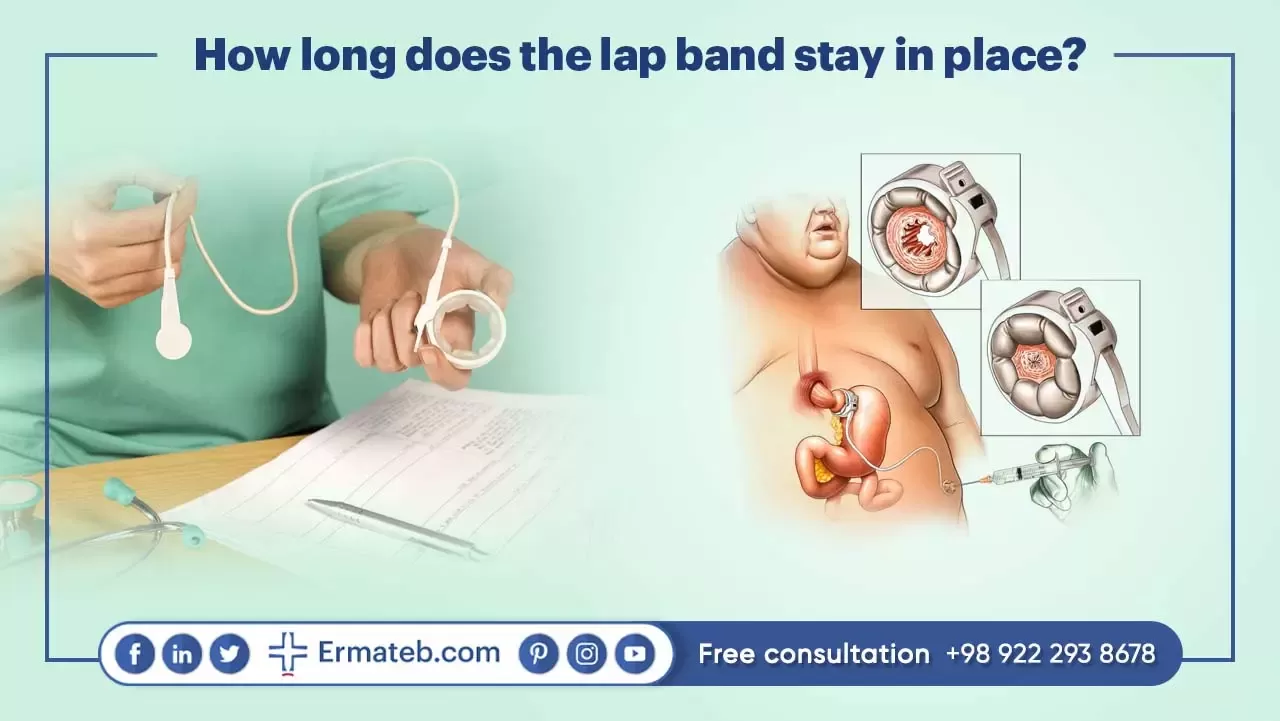
It is intended to stay in place permanently unless there are problems or the patient requests to have it removed. It is made of silicone which can last for a long time. However, some factors can affect the longevity of it, such as:
1.The band’s quality and the surgical method used to implant it.
2.The frequency of adjustments made to the band.
3.The person’s compliance with dietary and lifestyle changes after the operation.
4.The person’s anatomy and physiology.
5.The possibility of erosion, infection, leakage, slippage, or mechanical failure of the band or the port.
Some studies showed that about 20% to 40% of lap band patients need a revision or removal of the band within 10 years. However, other studies have shown that it can be safe and effective for up to 15 years or more. Therefore, the lap band duration may depend on each patient’s preference and situation.
Foods to avoid after Lap-Band surgery
1.Fried foods: Fried foods are high in fat and calories, and may cause indigestion, reflux, or dumping syndrome. These foods can also slow down the patient’s weight loss progress and increase the risk of complications.
2.Processed meats: These include ham, bacon, hot dogs, sausage, and deli meats. They are high in nitrates, sodium, and preservatives, which can increase blood pressure and harm the patient’s kidneys. They can also be tough to chew and digest and may get stuck in the band.
3.Sugar-sweetened beverages: These include juice, soda, sports drinks, sweetened coffee or tea, and energy drinks. They are high in sugar and calories and can cause tooth decay, dehydration, and weight gain. They can also pass through the band quickly and leave the person hungry and unsatisfied.
4.High-fat dairy products: These include whole milk, cream, butter, cheese, ice cream, and yogurt. They are high in calories and fat and can cause reflux, indigestion, or dumping syndrome. They can also slow down the person’s weight loss progress and increase the risk of complications.
5.Foods that are very high in fiber: These include corn, celery, oranges, asparagus, sweet potatoes, and pineapples. They can swell in the pouch and cause problems. They may get caught above the band and leave the person with an unpleasant feeling which takes some time to subside.
6. Dry foods: These include rice, bread, pasta, and some cereals. Dry foods can also swell in the pouch and cause issues. They may get caught above the band or in the esophagus and cause nausea and vomiting.
7.Fibrous foods: These include popcorn, seeds, nuts, skins, and membranes of fruits and vegetables. They can be hard to chew and digest and can get stuck in the band. They can cause discomfort, pain, or blockage.
Which is better: lap band or gastric surgery?
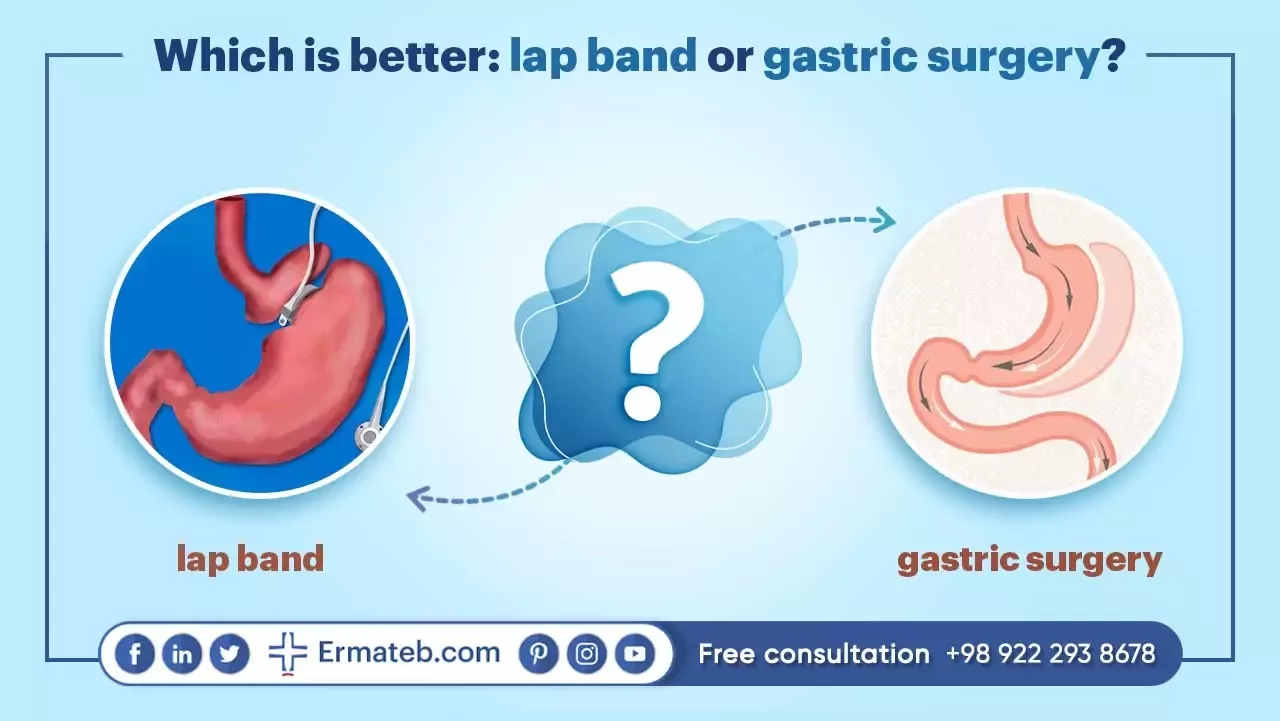
There is no clear answer to which one is better, lap band or gastric surgery, as both have their pros and cons. The best option for patients may depend on their personal preferences, weight loss goals, health conditions, and potential risks. Some of the major differences between lap band and gastric surgery:
Lap band procedure is a type of weight loss surgery that includes placing a silicone band, which is adjustable, around the upper part of the stomach, to create a small pouch towards the top. It takes less food to fill the pouch, so the person does not need to eat as much before he/she feels full. The band will often be tightened for the first time about four to six weeks after operation. It is done by injecting the device with salt water solution by the use of a needle passed through the skin. patients don’t usually need any anesthetic for this. The band will need to be tightened to get to the ideal tightness for the patient. The lap band procedure is reversible, which means the band can be eliminated or adjusted by the surgeon if needed. Lap band surgery is also less invasive than gastric surgery since it doesn’t involve cutting or removing any part of the stomach or intestine. Lap band surgery decreases the food intake, but doesn’t affect the absorption of nutrients.
Gastric operation is a general term that refers to many types of weight loss procedures that include changing the stomach and intestine to decrease food intake or absorption. The most two common types of gastric operation are gastric sleeve and gastric bypass. The gastric bypass process is where surgical staples are used to make a small pouch at the top of the stomach that is then connected to the lower portion of the small intestine, bypassing the rest of the stomach and the upper portion of the small intestine. The gastric sleeve procedure is where a large part of the person’s stomach is eliminated and leaves a narrow tube-shaped stomach. Gastric operation is irreversible and is more invasive than lap band procedure, as it includes cutting or eliminating parts of the digestive system. Gastric operation is malabsorptive and restrictive, meaning it decreases both the food intake and the absorption of nutrients. Gastric operation may be appropriate for individuals who have a BMI of 40 or more, or a BMI of 35 or more with significant obesity-related medical conditions, like heart disease or sleep apnea.
Factors that may influence the decision between lap band or gastric surgery are:
1.Weight loss outcomes:
Gastric surgery tends to create more rapid and significant weight loss than lap band procedure since it affects both food intake and absorption. However, weight loss outcomes may vary depending on the patient’s response to the operation, the patient’s adherence to dietary and lifestyle changes, and the follow-up care.
2.Side effects and complications:
Both gastric surgery and lap band have potential side effects, like nausea, vomiting, bleeding, infection, ulcers, vitamin deficiency, blood clots, gallstones, etc. However, lap band surgery has a lower risk of serious side effects than gastric surgery. Lap band procedure also has fewer long-term complications than gastric surgery, like dumping syndrome, osteoporosis (bone loss), anemia (low red blood cell count), etc.
3.Adjustability:
The lap band procedure has the advantage of being adjustable. It allows for more flexibility and customization of the process of weight loss. The gastric operation doesn’t have this feature, as it permanently changes the shape and size of the stomach or intestine.
4.Reversibility:
Lap band procedure has the advantage of being reversible. This can be an option for patients who experience intense side effects or complications from the lap band procedure, or who change their mind about having a weight loss operation. Gastric surgery cannot be undone once performed.
Ultimately, the choice between a gastric surgery or a lap band depends on the personal situation and preferences.
Why do patients choose Iran to get their lap band procedure?
In terms of medical/aesthetic services, Iran has been a hub and a good destination for patients all around the world. In most cases, the costs of these surgeries are not covered by insurance in many countries. so, many people may want to have these operations but their budget will not let them have them since it may cost them a fortune. We can say the main reason that has turned this country into a popular place for both medical and cosmetic surgeries is the low price of these operations. The reason for low prices in Iran also is because of the high number of patients who come here to get their treatments, many modern hospitals and clinics exist in the cities of this country (Tehran, Isfahan, Shiraz, Yazd, Tabriz, etc.), and also the low currency of this country against others.
There are some other reasons to convince patients to come to this country and get their treatments here. The best surgeons are settled in Iran. Iranian surgeons are among the best surgeons in the world and have had many successful surgeries in this regard, educated at the top universities in the world, and also, use the latest methods and techniques in advanced hospitals.
Patients don’t have to wait a long time to get their surgeries since there are no waiting lists in this country. Patients can get their treatments here as soon as possible with the help of medical tourism facilitators.
Ermateb is a medical tourism company, located at the Iran University of Medical Science whose aim is to help international patients, especially those who come from the Middle East, to get high-quality services in this country at a reasonable, unbelievably low cost. Patients can easily leave all the necessary services to us and don’t need to worry about their treatment since we will be with them through their whole surgery process and their total stay in Iran.
Our team will help the patients choose the best doctor or surgeon, the best hospital and clinic, the hotel they are going to stay in during their trip to Iran, obtain the visa, book the flight and accommodation, transportation, aftercare, and more.
To arrange your lap band procedure in Iran, you can reach us via WhatsApp, or you can also fill out the online form on our website. After that, a personal coordinator will be arranged to guide you through the next process of your treatment. Our consultant may ask for your information and documents, and records will be required based on your personal qualities with the contribution of a surgeon.
Besides your surgery, you can enjoy your trip to a new country by visiting the cities and historical and cultural attractions of the country.


 Arabic
Arabic
 German
German
 Persian (Farsi)
Persian (Farsi)
 Russian
Russian
 Urdu
Urdu
 Beauty
Beauty

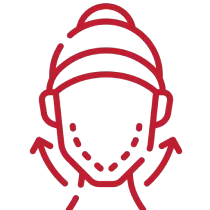
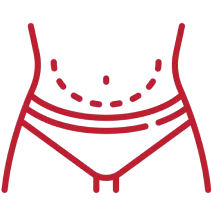
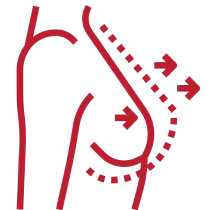
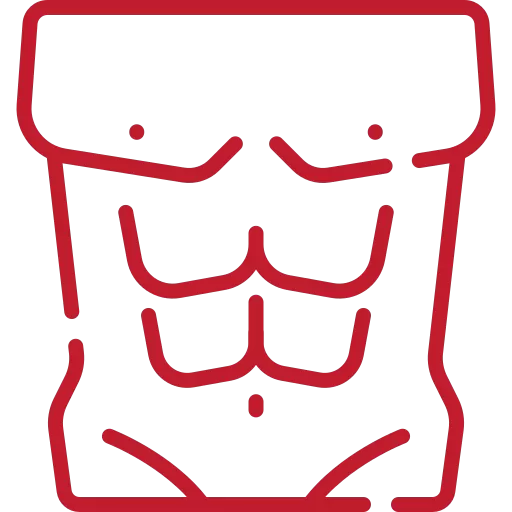
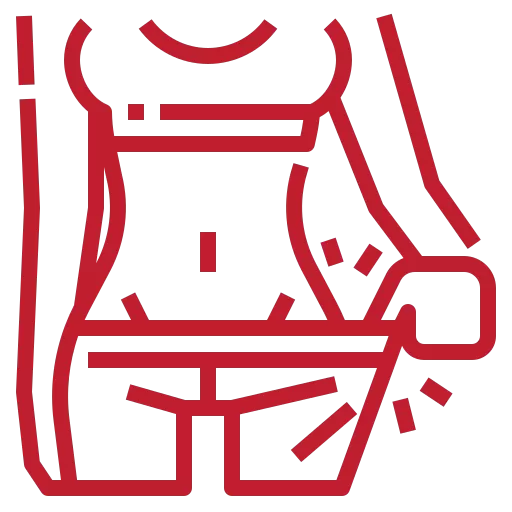
 Medical
Medical

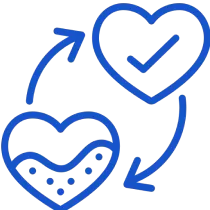

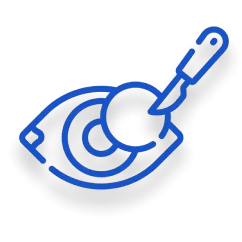
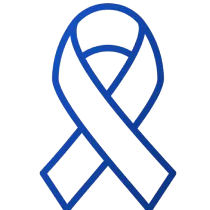
 Hotels
Hotels
 Hospitals
Hospitals

